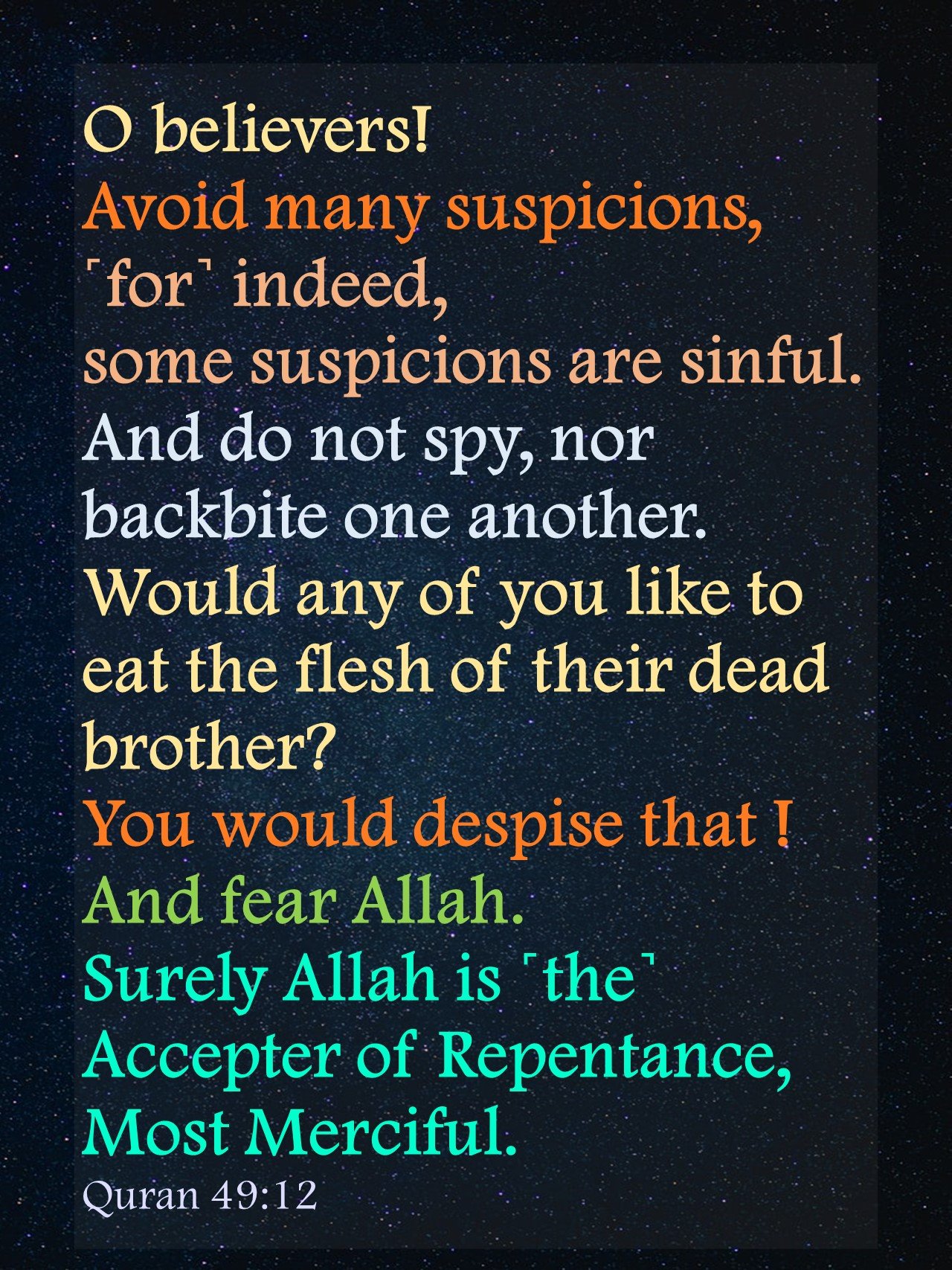Skip to Content
Tag Archives: repentence
- Home -
- Posts tagged "repentence"
( Page2 )
21
Dec, 2022
Hadees, Islam, Quran
Allah, ayat, Chapter 2, clear, daily, dua, inspirations, islam, islamic, pure, purify, quran, repentence, Surah, suuplication, Tirmizi
20
Dec, 2022
Islam, Quran
All-Knower, Allah, astray, at-Taubah, avoid, ayat, Chapter 9, clear, daily, every, guide, inspirations, islam, islamic, quran, repentence, Surah, thing, Verse 115
8
Oct, 2022
Islam, Quran
Allah, ayat, believed, Bliss, cause, Chapter 9, daily, emigrated, everlasting, Gardens, great, greater, inspirations, islam, islamic, lives, Mercy, pleasure, quran, rank, repentence, reward, sight, stay, strived, Surah, tauba, triumph, verses 20 to 22, wealth
30
Jul, 2022
Islam, Quran
al-Hujurat, Allah, ayat, backbite, Chapter 49, daily, dead, despise, fear, flesh, inspirations, islam, islamic, Most Merciful, quran, repentence, sin, spy, Surah, suspicions, Verse 12
23
Apr, 2022
Islam, Quran
Abraham, Accepter, Allah, ayat, Chapter 2, daily, ibraheem, Ibrahim, inspirations, Ishmael, islam, islamic, ismael, ismail, Life, Lord, Merciful, quran, recite, repentence, revelations, righteous, Surah, verses 127 to 130






